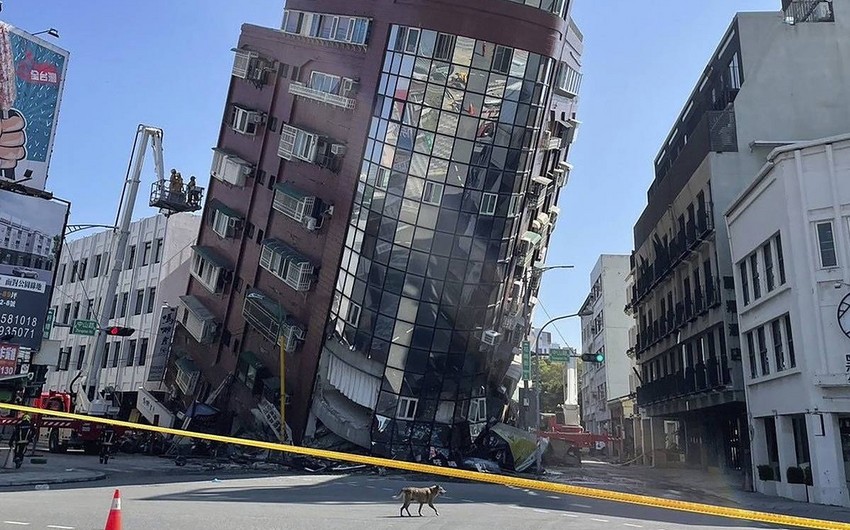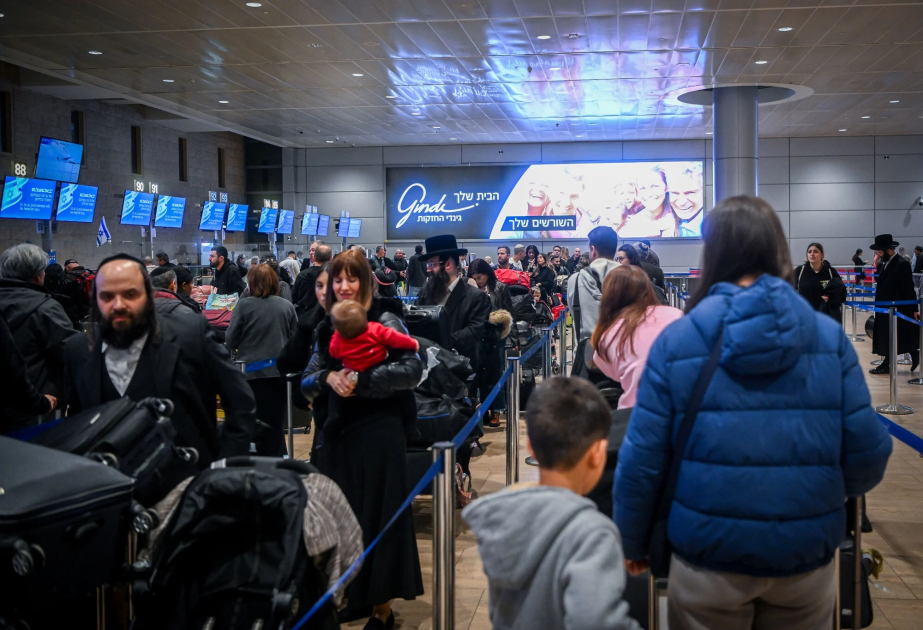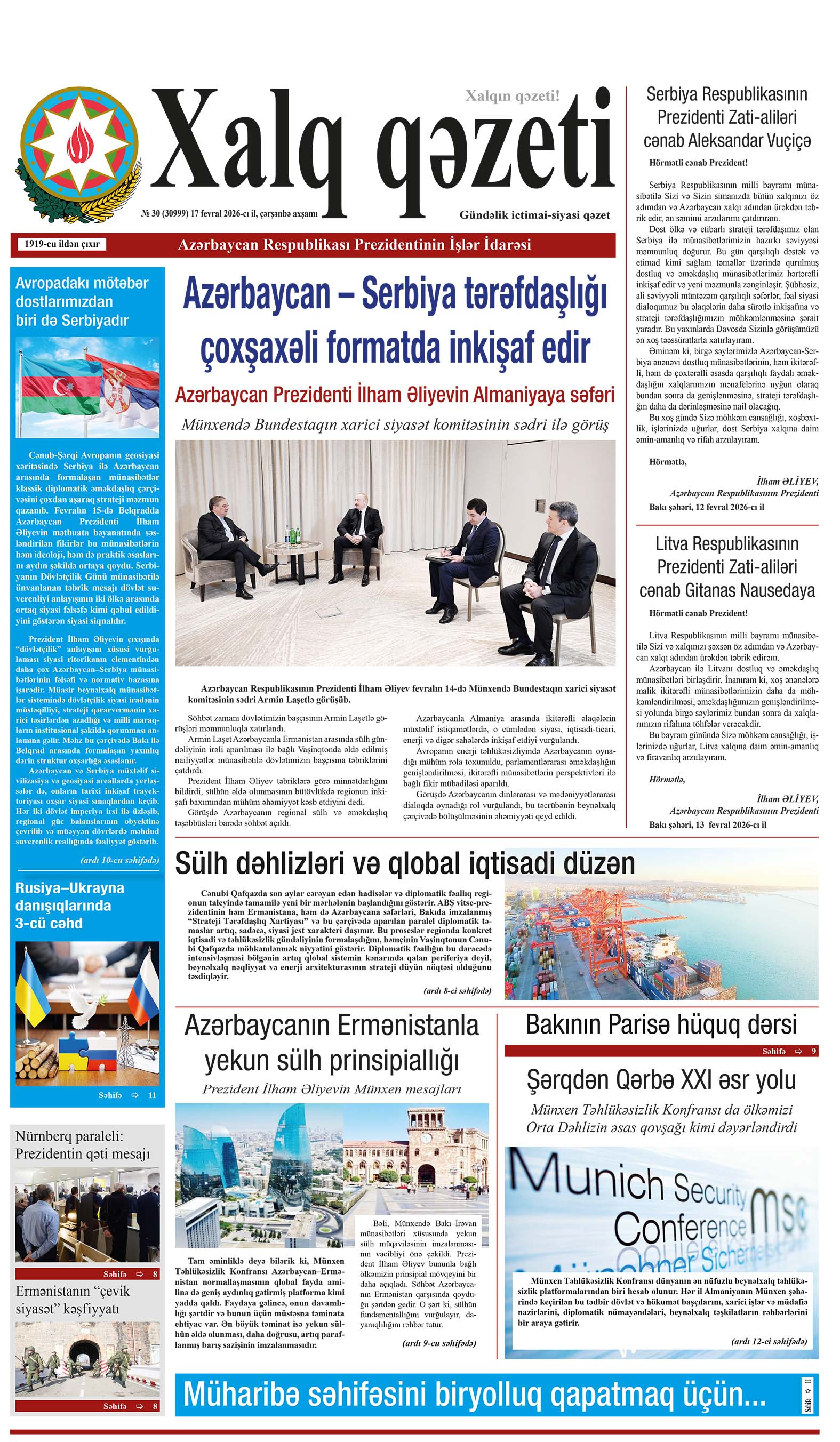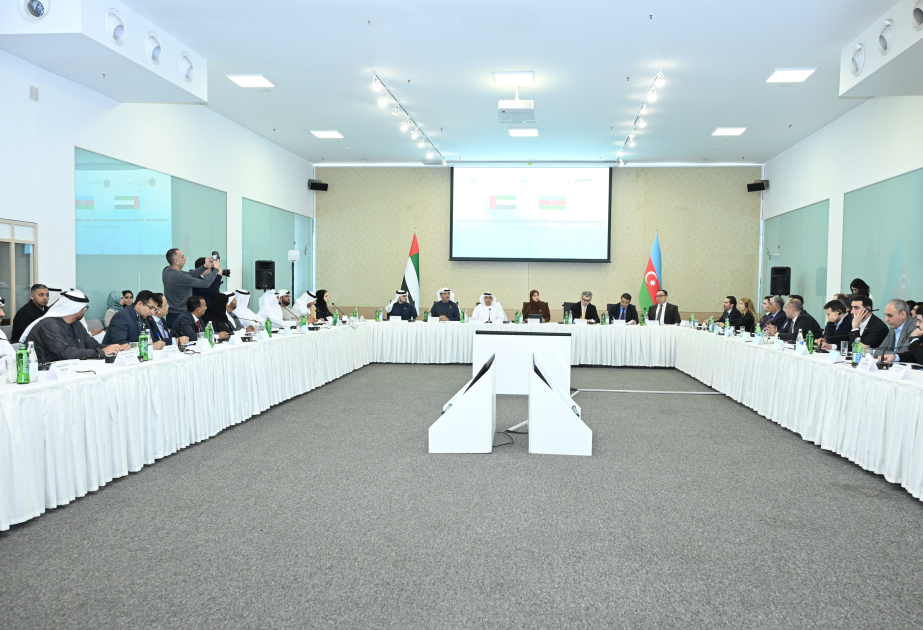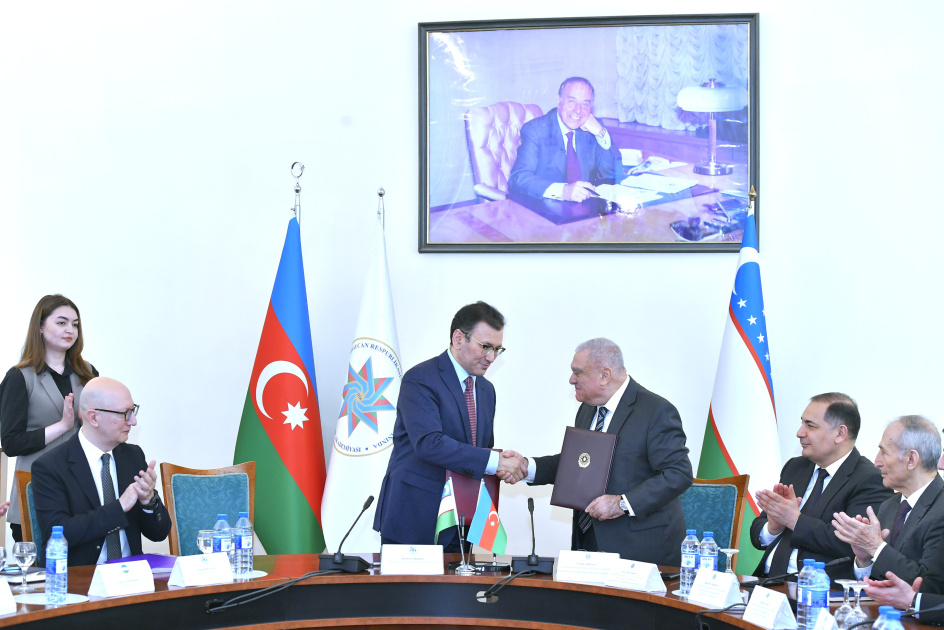The powerful magnitude 7.2 earthquake that hit Taiwan at 7:58 a.m. Wednesday off its eastern coast was the strongest to shake the island since the tragic 7.3-magnitude 921 Jiji earthquake in 1999 that left more than 2,000 people dead.
Report informs via foreign media that Kuo Kai-wen, former director of the CWA Seismology Center, described Wednesday's 7.2 magnitude earthquake as having an energy equivalent to around 32 atomic bombs dropped on Hiroshima, while the 921 Jiji earthquakeake had the energy of 46 Hiroshima atomic bombs.
The 921 Jiji earthquake toppled hundreds of buildings in central Taiwan, but Wednesday's temblor shook more parts of Taiwan with greater intensity than any other since 1999, according to Wu Chien-fu, the current director of the Seismology Center.
The earthquake's epicenter was located in the Pacific Ocean, 25.0 kilometers south-southeast of Hualien County Hall, at a depth of 15.5 km, according to the Central Weather Administration's Seismology Center.
The earthquake's intensity, which gauges the actual effect of a seismic event, was highest in Hualien, where it measured a 6+ on Taiwan's 7-tier intensity scale, the CWA said.
A 6+ intensity represents shaking that makes it almost impossible to stand in place and can even throw people into the air.
An intensity level of 5+ was recorded in Yilan County, up the coast from Hualien County, and in Miaoli County, and 5- in Taipei, New Taipei, Taoyuan, Taichung, Hsinchu County, Changhua County and Nantou County.
At those intensity levels, people may still feel it is hard to stand and loose items topple over.


